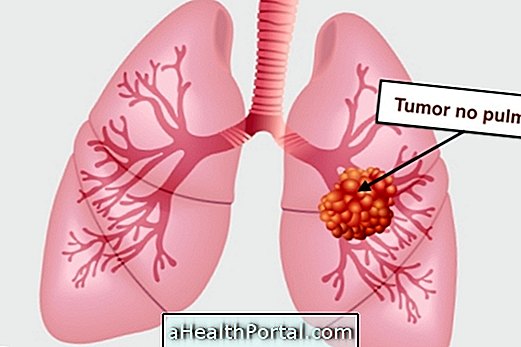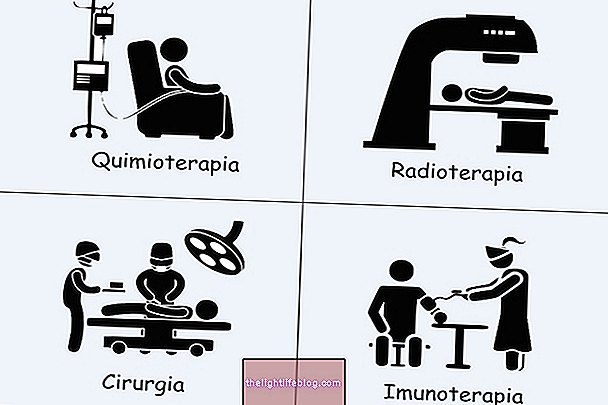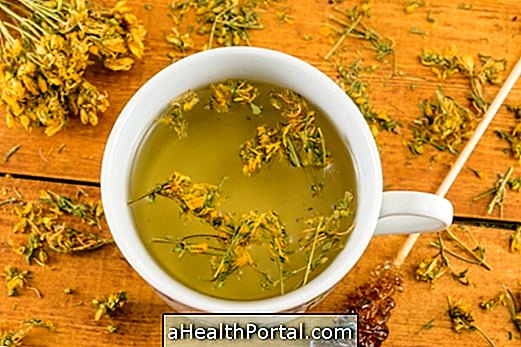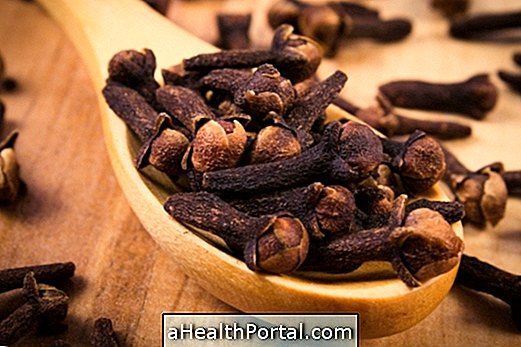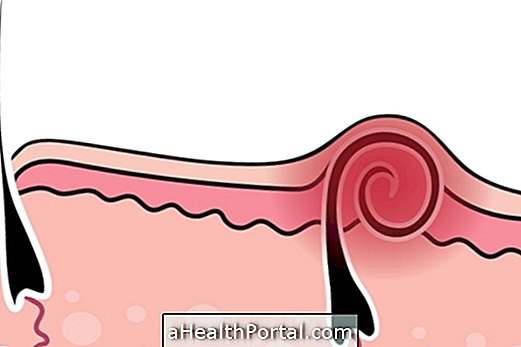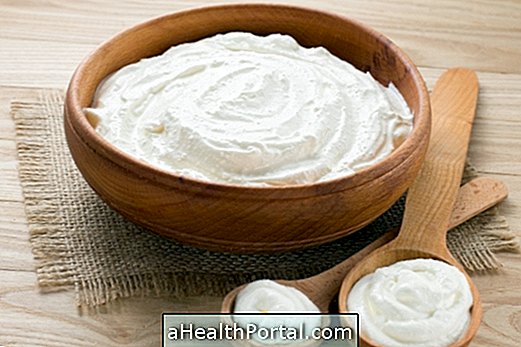In most cases, chronic gastritis has no symptoms, however there may be pain in the upper abdomen especially when it is left without eating for a long time. It is important to consult the gastroenterologist when you notice any symptoms of gastritis so that the treatment is started as soon as possible and thus it is possible to prevent the formation of gastric ulcers and more serious complications for the health of the person.
Chronic gastritis is inflammation of the gastric mucosa that lasts for more than three months and has a very slow and, most of the time, asymptomatic evolution. This type of gastritis is more common in older people due to the daily consumption of medications, which can lead to irritation and inflammation of the stomach.
In addition, people who have autoimmune diseases or who abuse alcohol or cigarettes, especially, have a high probability of developing any type of gastritis, especially chronic if the use of these substances is constant or if the autoimmune disease is not being correctly. Understand more about chronic gastritis and what to eat.
The diagnosis of chronic gastritis is done by a gastroenterologist based on the symptoms and result of digestive endoscopy, which is an examination that allows visualizing the inner walls of the stomach, identifying inflammation and the possible presence of bacteria. See how digestive endoscopy is done and how it is prepared.

Main symptoms
In addition to pain and abdominal discomfort, chronic gastritis can manifest itself through other symptoms, which are listed below. Check the symptoms you have:
- 1. Constant, stabbing stomach pain Yes No
- 2. Feeling sick or very full stomach Yes No
- 3. Belly swollen and sore Yes No
- 4. Slow digestion and burping Yes No
- 5. Headache and general malaise Yes No
- 6. Loss of appetite, vomiting or craving for vomiting Yes No

In addition, chronic gastritis can lead to the formation of ulcers in the stomach, which are quite painful wounds that cause symptoms like full stomach, pain and burning sensation in the middle of the abdomen. Find out what are the symptoms of gastric ulcer.
How is the treatment done?
The treatment for chronic gastritis is established by the gastroenterologist and includes the use of gastric protective drugs, such as Omeprazole and Ranitidine, which will form a protective layer on the stomach wall, preventing gastric juice from causing or increasing ulcers. Here are the remedies used for gastritis.
In addition, it is necessary to eat a diet rich in fruits, vegetables and whole foods of easy digestion, avoiding foods rich in fats, soft drinks and alcoholic beverages, since they increase the inflammation in the stomach. See how the diet for Gastritis and Ulcer should be.





